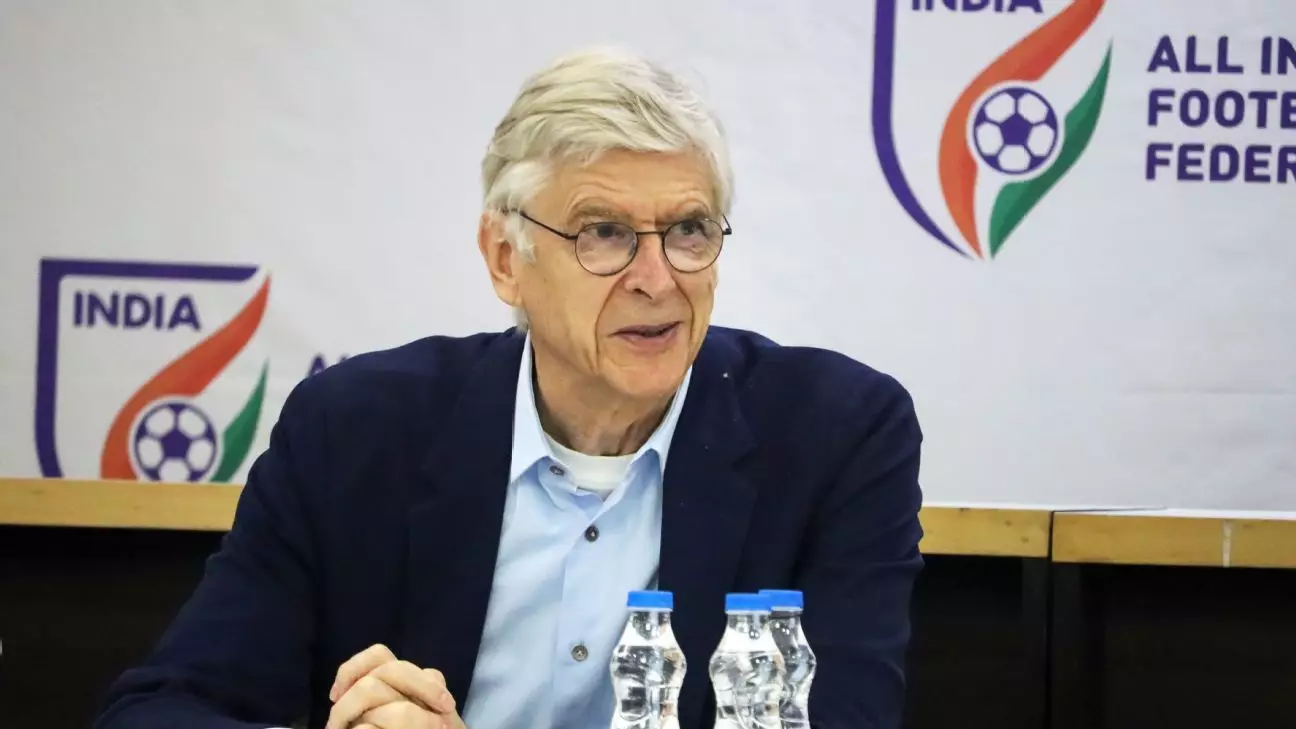In response to growing concerns regarding player welfare, FIFA has announced the formation of a new task force led by former Arsenal manager Arsène Wenger. This initiative comes at a crucial time when the congested football calendar has sparked discussions about the health and sustainability of players’ careers. The task force is set to engage with a variety of stakeholders, including representatives from FIFPRO, national leagues, and football federations. This collaboration aims not only to address current player welfare issues but also to provide a roadmap for future improvements in the sport.
FIFA’s decision to include multiple stakeholders marks a significant shift in its approach to governance. Previously, in 2021, the organization dissolved a committee that had allowed various parties to weigh in on critical issues. By re-establishing these dialogues, FIFA recognizes the importance of incorporating the perspectives of players, clubs, and leagues. The legal pressures faced by FIFA—most notably the formal complaint lodged with the European Commission regarding the increased workload from new competitions—signals an urgent need for structural changes within the organization.
FIFA intends for the consultancy process to focus on a comprehensive understanding of players’ well-being. This includes considering both physical and mental health, a step that acknowledges the multi-faceted challenges elite players face today. The commitment to base recommendations on scientific research underscores FIFA’s intention to move beyond anecdotal observations and into evidence-based practices. This aligns with ongoing partnerships, such as the collaboration with the World Health Organization to improve the handling of concussions and other injuries in football.
Among the potential discussions could be limiting the number of matches played in congested seasons, which has been a point of contention among players debating the possibility of striking. The idea of instituting mandatory off-season breaks is also on the table, pointing towards a need for balance in the demanding schedule faced by professional athletes. With an increasing focus on sustainability in sports, both physically and mentally, such measures could prove to be crucial in preserving player longevity and performance.
A New Paradigm for Global Football
This forward-thinking initiative spearheaded by Wenger not only aims to address existing issues but potentially reshapes how player welfare is perceived in football. With the landscape of sports evolving rapidly, it’s vital for organizations like FIFA to adapt their policies in alignment with contemporary understandings of health and player rights. The success of these discussions could herald a new era in football, one that prioritizes the well-being of its players while maintaining the exhilarating competition fans have come to love.
FIFA’s forthcoming task force represents a pivotal moment in the sport’s evolution, fostering a dialogue that may lead to significant reforms in player welfare standards worldwide. The attention to scientific evidence and collaboration with various stakeholders lays the groundwork for a healthier and more sustainable future for professional footballers.

